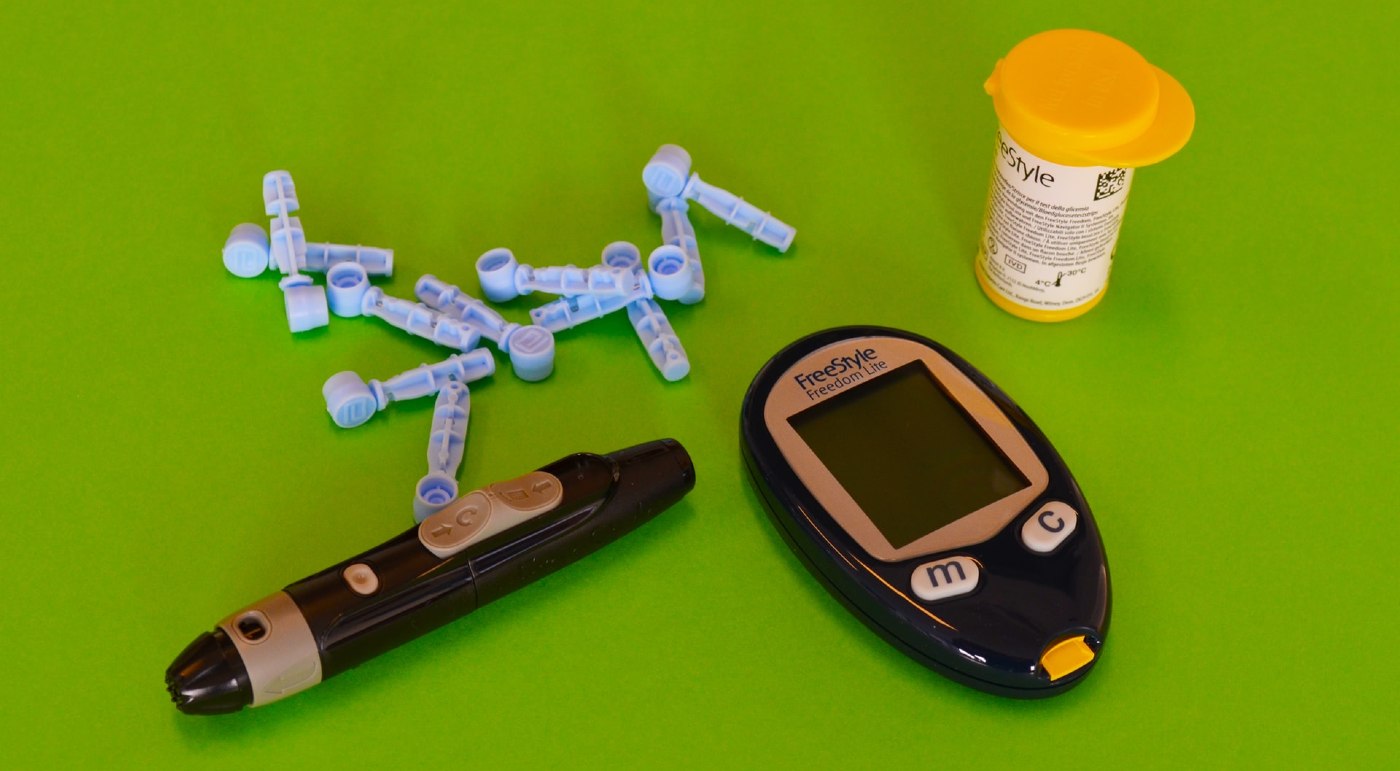Growing new pancreas cells from unprogrammed stem cells has possibly cured a man of type 1 diabetes.
One doctor told the New York Times that this is the biggest development in treatment for the disease since the discovery of exogenous insulin production 100 years ago.
64-year-old Brian Shelton got an infusion of insulin-producing cells in the pancreas—the kinds which can’t function properly in diabetes victims, after his wife signed him up for a trial run by Vertex Pharmaceuticals.
Before, his life had been governed by the levels of his blood sugar. Now, his daily insulin requirements are down 91%, accompanied by robust improvements in glucose control.
“It’s a whole new life, it’s a miracle,” Shelton told the Times. The trial was organized by a Harvard scientist who had two children join the 1.5 million Americans who suffer from type 1 diabetes.
This is the first of five years in which the trial of 17 patients with severe type 1 will be running. The results of the first stage have not been peer reviewed, and so expectedly, the scientists that are excited about the results are also urging caution because it’s still early days.
“These results from the first patient treated with [the stem cells] are unprecedented,” said Bastiano Sanna, Ph.D., Chief of Cell and Genetic Therapies at Vertex in a statement. “What makes these results truly remarkable is that they were achieved with treatment at half the target dose.”
20 years of work
Funded by the Howard Hughes Medical Institute, Harvard’s Dr. Doug Milton took 20 years to convert stem cells into islet cells, the insulin-producing pancreatic denizens.
RELATED: People Who’ve Tried Psychedelics Have Lower Risk of Heart Disease and Diabetes
In 2014 Milton partnered with Dr. Sanna at his previous job to start a company called Semma for the purpose of bringing to market a potential stem cell treatment, and along with other biologists, was able to demonstrate that for the first time, there was a repeatable, scalable method for growing islet cells and that they could cure diabetes in rodents.
Next, Milton and his partners and colleagues closed a $950 million sale of Semma to Vertex Pharma, who put up the money for the trials as they needed to see if injections of the manufactured islet cells could be done at scale, safely, and if the immunosuppressant drugs, typical of anyone receiving any kind of transplant, did not cause long-term adverse health outcomes.
The night the trial results came in, Mr. Shelton was taken to dinner by Dr. Milton, who revealed that Shelton was at least for the moment, cured of the disease.
The Times touchingly reports that at that moment Shelton checked his blood sugar levels, which were perfect, and then had dinner, after which they were still perfect.
SHARE This Medical Breakthrough With Friends…




















